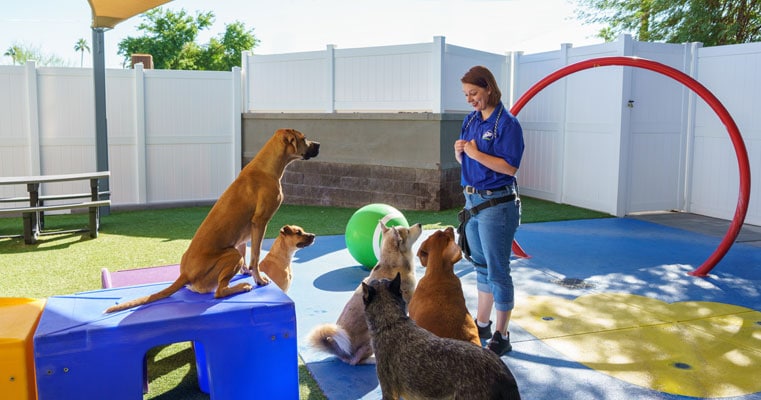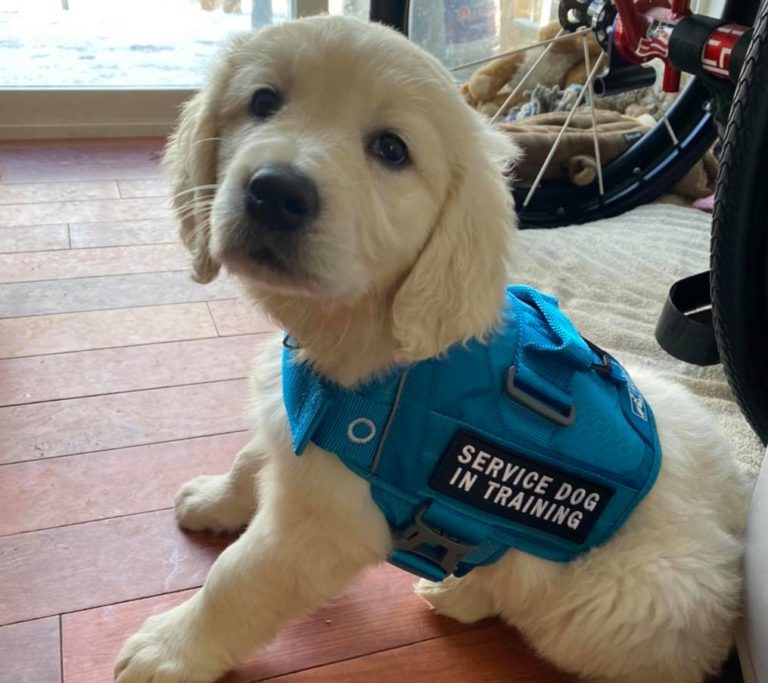Expert Insights on Dog Training Charlotte NC: Transform Your Dog Today
Expert Insights on Dog Training Charlotte NC: Transform Your Dog Today
Blog Article
Unlock Your Pet dog's Potential: Proven Pet Training Strategies for Success
Reliable pet training is a nuanced process that hinges on understanding canine behavior and utilizing medically backed methods. By integrating positive support, developing clear commands, and prioritizing socializing, pet dog proprietors can cultivate a productive relationship with their family pets.
Understanding Pet Behavior
Understanding pet dog behavior is essential for efficient training and fostering a positive partnership in between pet dogs and their owners. A comprehensive understanding of canine body movement, vocalizations, and social communications is essential for acknowledging their needs and emotions. Dogs connect mostly via non-verbal signs; as an example, a wagging tail might indicate enjoyment, while pinned ears can signify anxiety or submission.
In addition, ecological elements play a considerable role in shaping a pet dog's habits. Changes in regular, new environments, or the presence of unknown individuals can bring about anxiety or anxiety in pets. Acknowledging these triggers enables proprietors to minimize damaging reactions and create proper training strategies.
Ultimately, a deep understanding of dog actions lays the structure for successful training methods, boosting both behavior and the general bond between the pet and its proprietor. dog training charlotte. This expertise is important for fostering a well-adjusted, delighted canine buddy
Positive Support Methods
Reliable training depends heavily on positive support methods, which have been shown to produce significant cause shaping preferred habits in dogs. This method entails rewarding a pet for showing details actions, therefore increasing the possibility that these behaviors will be repeated. Rewards can take various types, including treats, appreciation, playthings, or playtime, depending upon what motivates the specific pet.

It is necessary to gradually eliminate incentives as the dog discovers the actions, transitioning to intermittent support. This strategy keeps the actions over time while preventing dependence on consistent benefits. By concentrating on positive reinforcement, instructors can grow a trusting connection with their pets, advertising a cooperative and healthy and balanced training atmosphere that enhances total obedience and efficiency.
Developing Regular Commands
A basic facet of effective pet dog training is the facility of constant commands. Consistency in commands is important for effective interaction in between the pet dog and the fitness instructor. When commands are uniform, pets find out to associate details words with wanted actions, which speeds up the training process and boosts understanding.
To establish constant commands, it is essential that all family members utilize the very training a dalmatian puppy same terms and motions. If one person makes use of "rest" while an additional states "sit down," it can produce confusion for the dog. Select clear, unique words for commands and ensure everybody associated with the dog's training abides by these selections.
Enhance commands through constant practice, guaranteeing that the pet receives ample chances to respond appropriately. When a canine efficiently follows a command, prompt positive reinforcement needs to adhere to.
Last but not least, be client. Developing constant commands takes some time and effort. With commitment and clearness, you will assist your dog create a solid understanding of assumptions, ultimately leading to a mannerly friend.
Socializing and Exposure
Mingling a pet is crucial for cultivating a well-adjusted and certain friend. This procedure includes exposing your dog to a range of settings, individuals, and other animals to create their social skills and versatility. Early socialization, ideally in between the ages of 3 to fourteen weeks, is crucial, as it prepares for a pet dog's future actions.
During socializing, goal to supply positive experiences in different settings, such as parks, hectic streets, and homes with various other animals. Present your anchor canine to numerous stimulations, consisting of sounds, views, and smells, ensuring that each experience is gratifying. This exposure helps mitigate concern and stress and anxiety, paving the way for a much more resistant dog.
Involving in regulated team play sessions with other dogs can likewise enhance social skills, instructing your animal ideal interactions and limits. Prioritizing socializing will substantially add to your pet's overall happiness and actions throughout their life.
Overcoming Common Training Difficulties

Canines may battle to focus in active or strange setups. Progressively desensitize your pet to distractions by starting training in a peaceful setting and slowly introducing even more stimuli as they become proficient.
In addition, behavioral problems like leaping or excessive barking can come to be aggravating. Address these by teaching alternate behaviors, such cat grooming courses near me as sitting comfortably when greeting visitors. Consistency and perseverance are essential; reinforce wanted behaviors constantly and stay clear of abuse, which can bring about confusion.
Lastly, acknowledge that each dog is one-of-a-kind, and training timelines may differ. Dressmaker your technique to your pet's specific requirements, and look for expert guidance if needed. With perseverance and the ideal strategies, conquering these challenges can cause a trained, pleased canine companion.
Verdict
To conclude, unlocking a dog's prospective demands an extensive technique that incorporates an understanding of canine habits, the application of favorable support methods, and the establishment of consistent commands. Early socializing and exposure to varied environments additionally improve a pet dog's versatility and self-confidence. By addressing usual training difficulties with tailored techniques and patience, a unified and participating connection between dog and trainer can be fostered, inevitably leading to a mannerly friend efficient in flourishing in numerous situations.
Reliable pet dog training is a nuanced procedure that hinges on recognizing canine habits and using clinically backed strategies.Comprehending pet behavior is crucial for effective training and promoting a positive connection between pets and their proprietors.Effective training depends heavily on positive reinforcement techniques, which have been shown to produce substantial outcomes in forming preferred behaviors in canines. When commands are consistent, pets learn to connect specific words with wanted habits, which increases the training procedure and enhances understanding.
In conclusion, opening a pet's potential demands a thorough strategy that incorporates an understanding of canine behavior, the application of positive reinforcement techniques, and the facility of regular commands.
Report this page